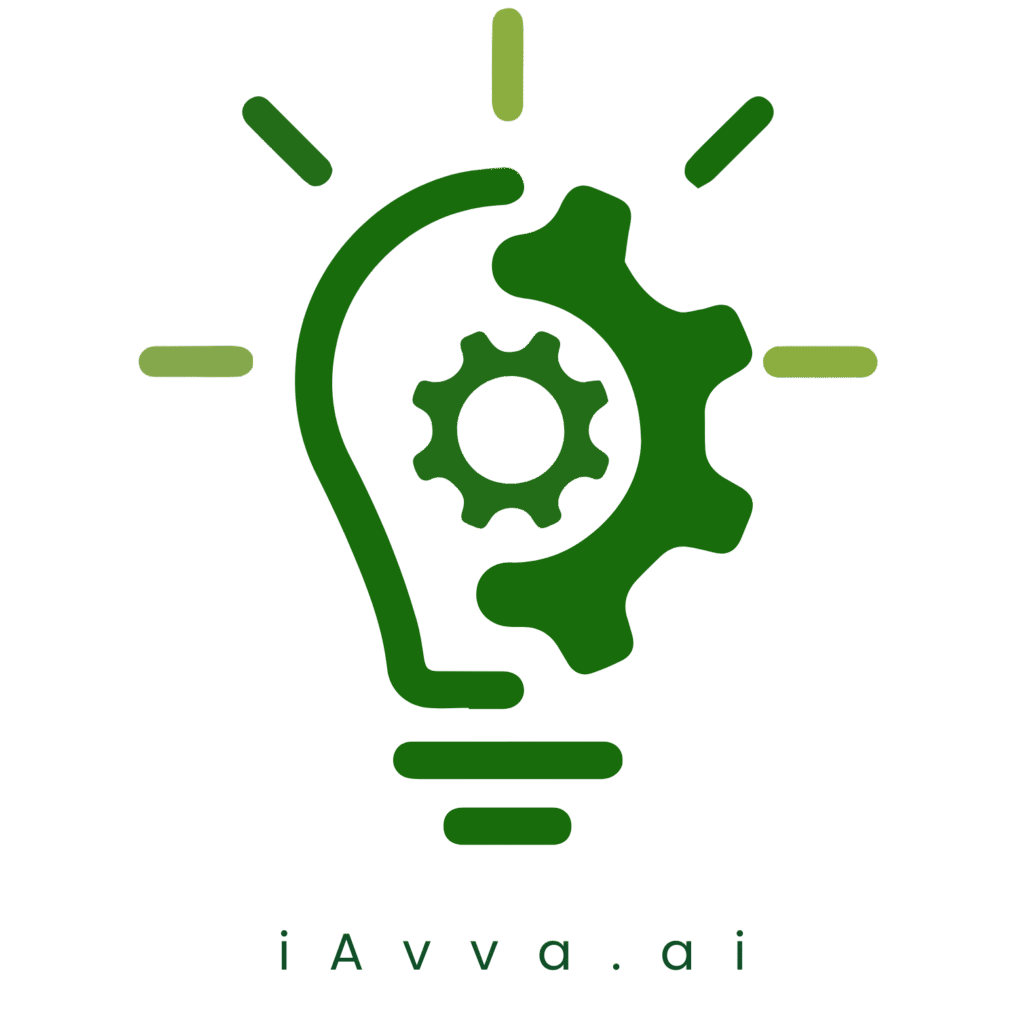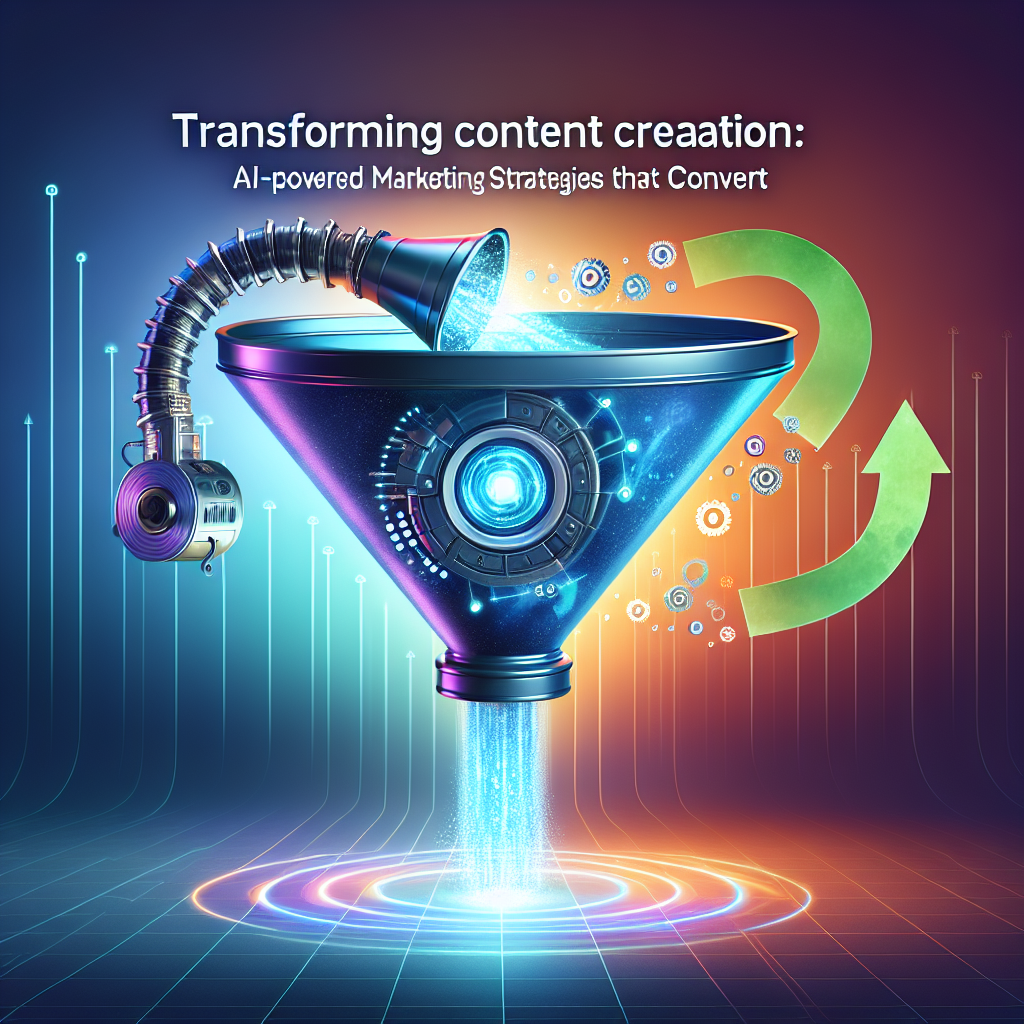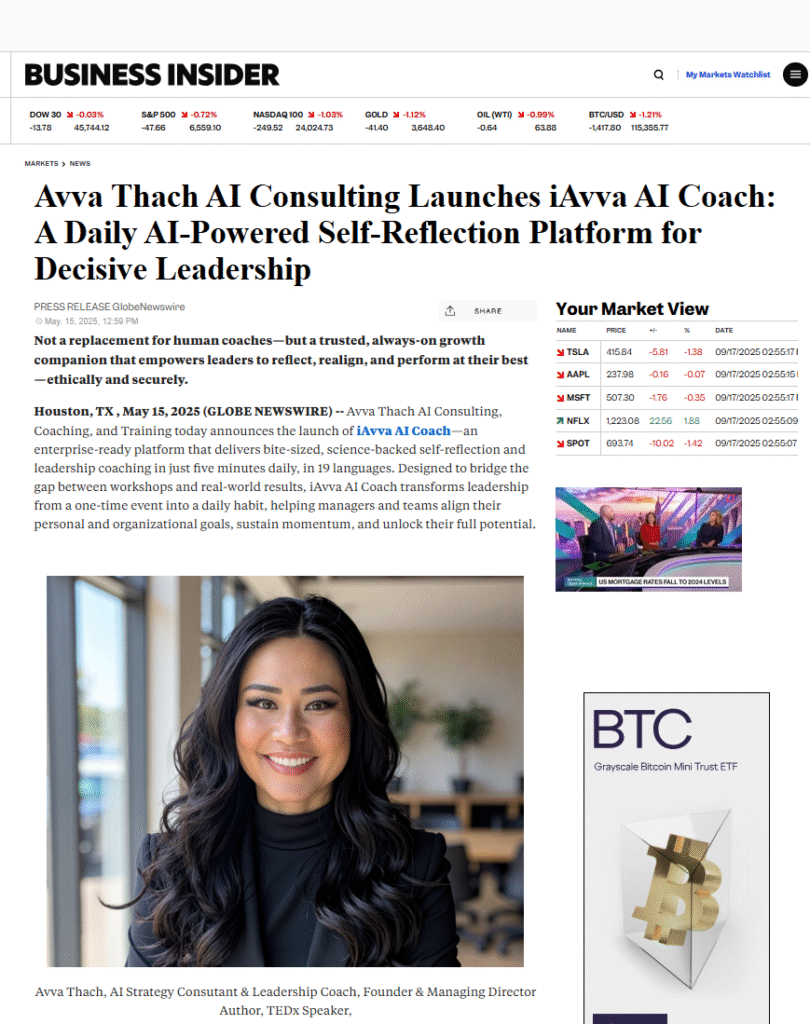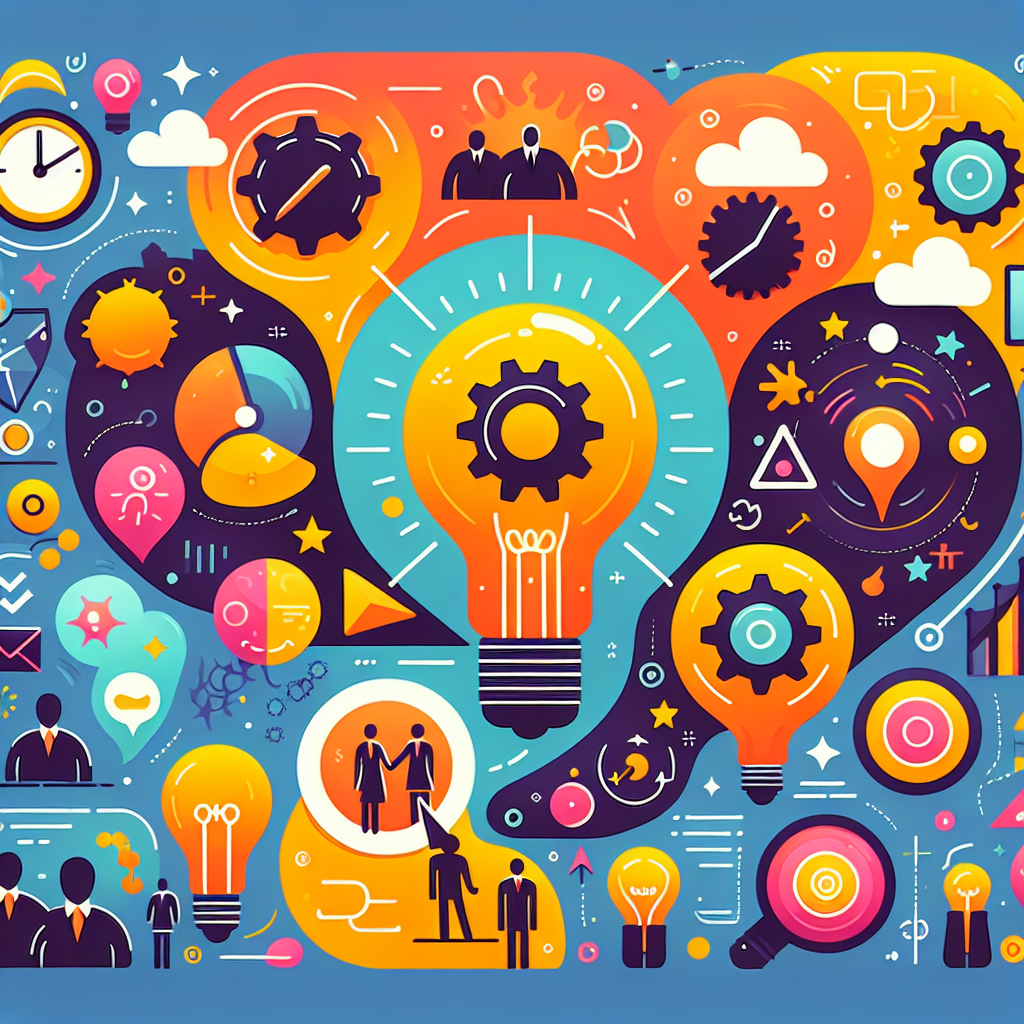The journey of AI coaching has been nothing short of remarkable, evolving from rudimentary algorithms to sophisticated systems that can analyze human behavior and provide tailored guidance. In the early days, AI was primarily a tool for data analysis, lacking the nuanced understanding of human emotions and motivations. However, as machine learning and natural language processing technologies advanced, AI began to take on more complex roles.
Today, AI coaching platforms can engage users in meaningful conversations, offering insights that were once the exclusive domain of human coaches. This evolution reflects a broader trend in technology, where artificial intelligence is increasingly integrated into personal development and professional growth. As we look back at the trajectory of AI coaching, it is evident that the field has matured significantly.
The introduction of virtual assistants and chatbots marked a pivotal moment, allowing users to access coaching resources anytime and anywhere. These tools have democratized coaching, making it accessible to individuals who may not have had the means to hire a personal coach. Furthermore, the rise of mobile applications has enabled users to engage with AI coaches on-the-go, fostering a culture of continuous learning and self-improvement.
This evolution is not just about technology; it represents a shift in how we perceive personal development, emphasizing the importance of adaptability and lifelong learning in an ever-changing world. Visit iAvva Store
Key Takeaways
- AI coaching has evolved from simple rule-based systems to more sophisticated, personalized, and interactive platforms.
- Data plays a crucial role in AI coaching, as it enables the system to analyze and understand user behavior, preferences, and patterns.
- The technology behind AI coaching includes machine learning, natural language processing, and predictive analytics to provide personalized and effective coaching.
- Human input is essential in AI coaching to ensure empathy, emotional intelligence, and ethical considerations are integrated into the coaching process.
- Developing an effective AI coach comes with challenges such as data privacy, bias, and the need for continuous improvement and adaptation.
The Role of Data in AI Coaching
Data serves as the backbone of AI coaching, providing the insights necessary for personalized guidance. By analyzing vast amounts of information—from user interactions to behavioral patterns—AI systems can identify trends and tailor their recommendations accordingly. This data-driven approach allows for a level of customization that traditional coaching methods often struggle to achieve.
For instance, an AI coach can track a user’s progress over time, adjusting its strategies based on what works best for that individual. This iterative process not only enhances the effectiveness of coaching but also fosters a deeper connection between the user and the technology. Moreover, the role of data extends beyond individual interactions; it encompasses a broader understanding of collective behaviors and preferences.
By aggregating data from multiple users, AI coaching platforms can identify common challenges and effective strategies across different demographics. This collective intelligence enables the development of best practices that can be shared with users, enhancing the overall coaching experience. However, it is crucial to approach data collection with transparency and respect for user privacy, ensuring that individuals feel safe and secure while engaging with AI coaching tools.
Understanding the Technology Behind AI Coaching
At the heart of AI coaching lies a complex interplay of technologies that work together to create an engaging user experience. Machine learning algorithms are fundamental to this process, enabling systems to learn from data and improve their performance over time. Natural language processing (NLP) plays a critical role as well, allowing AI coaches to understand and respond to user queries in a conversational manner.
This technology enables users to interact with their AI coaches as they would with a human coach, fostering a sense of connection and trust. Additionally, advancements in sentiment analysis have further enhanced the capabilities of AI coaching systems. By analyzing the emotional tone of user interactions, AI coaches can adapt their responses to better align with the user’s current state of mind.
This level of emotional intelligence is essential for effective coaching, as it allows the AI to provide support that resonates with users on a personal level. As technology continues to evolve, we can expect even more sophisticated tools that will enhance the effectiveness and accessibility of AI coaching.
The Importance of Human Input in AI Coaching
While AI coaching offers numerous advantages, it is essential to recognize the irreplaceable value of human input in the coaching process. Human coaches bring empathy, intuition, and life experience that cannot be replicated by machines. They possess the ability to read non-verbal cues and understand complex emotional dynamics, which are critical components of effective coaching.
The best outcomes often arise from a collaborative approach that combines the strengths of both AI and human coaches. Integrating human input into AI coaching can take various forms. For instance, human coaches can provide oversight and guidance in developing AI algorithms, ensuring that they align with best practices in coaching psychology.
Additionally, hybrid models that combine AI-driven insights with human expertise can offer users a more comprehensive coaching experience. By leveraging the strengths of both worlds, we can create a more effective coaching ecosystem that meets the diverse needs of individuals seeking personal growth.
The Challenges of Developing an Effective AI Coach
Creating an effective AI coach is not without its challenges. One significant hurdle is ensuring that the AI system can accurately interpret user inputs and provide relevant feedback. Misunderstandings or misinterpretations can lead to ineffective guidance, potentially hindering a user’s progress rather than facilitating it.
Developers must invest considerable time and resources into refining algorithms and training models to ensure they can handle the complexities of human communication. Another challenge lies in maintaining user engagement over time. While initial interactions with an AI coach may be exciting, sustaining motivation can be difficult as users become accustomed to the technology.
To address this issue, developers must focus on creating dynamic experiences that evolve alongside users’ needs and preferences. Incorporating gamification elements or personalized challenges can help keep users engaged while fostering a sense of achievement as they progress on their personal development journeys.
The Ethical Considerations in AI Coaching
As with any technology that interacts closely with individuals’ lives, ethical considerations are paramount in the realm of AI coaching. One major concern is data privacy; users must feel confident that their personal information is being handled responsibly and securely. Transparency in data collection practices is essential for building trust between users and AI coaching platforms.
Companies must prioritize ethical data usage while ensuring compliance with regulations such as GDPR. Additionally, there is an ongoing debate about the potential biases embedded within AI systems. If not carefully monitored, these biases can lead to skewed recommendations that may not serve all users equally well.
Developers must actively work to identify and mitigate biases in their algorithms to ensure equitable access to coaching resources for diverse populations. By addressing these ethical considerations head-on, we can foster a more responsible approach to AI coaching that prioritizes user well-being.
The Impact of AI Coaching on Personalization
One of the most significant advantages of AI coaching is its ability to deliver highly personalized experiences tailored to individual needs. Unlike traditional coaching methods that often adopt a one-size-fits-all approach, AI coaches leverage data analytics to create customized pathways for growth. By analyzing user behavior and preferences, these systems can recommend specific exercises or resources that align with each individual’s goals.
This level of personalization not only enhances user satisfaction but also drives better outcomes. When individuals receive guidance that resonates with their unique circumstances, they are more likely to engage actively in their development journey. Furthermore, personalized feedback fosters a sense of accountability, encouraging users to take ownership of their progress.
As we continue to refine AI coaching technologies, we can expect even greater advancements in personalization that will empower individuals to reach their full potential.
The Integration of AI Coaching into Everyday Life
The integration of AI coaching into everyday life has transformed how individuals approach personal development and professional growth. With mobile applications and online platforms readily available, users can access coaching resources at their convenience—whether during a commute or while taking a break at work. This accessibility has made it easier for people to prioritize their growth amidst busy schedules.
Moreover, as organizations increasingly recognize the value of employee well-being and development, many are incorporating AI coaching into their workplace culture.
Companies are leveraging these tools to support employee engagement, enhance productivity, and foster a culture of continuous learning.
By integrating AI coaching into everyday life—both personally and professionally—individuals are empowered to take charge of their growth journeys in ways that were previously unimaginable.
The Future of AI Coaching
Looking ahead, the future of AI coaching holds immense promise as technology continues to advance at an unprecedented pace. We can anticipate even more sophisticated algorithms capable of understanding complex human emotions and motivations with greater accuracy. As natural language processing improves further, interactions with AI coaches will become increasingly seamless and intuitive.
Additionally, we may see greater collaboration between AI systems and human coaches as organizations seek to create hybrid models that leverage the strengths of both approaches. This collaboration could lead to innovative solutions that enhance user experiences while maintaining the essential human touch in coaching relationships. Ultimately, the future of AI coaching will likely be characterized by increased personalization, accessibility, and effectiveness—transforming how individuals pursue personal growth.
The Collaboration Between AI and Human Coaches
The collaboration between AI and human coaches represents an exciting frontier in personal development. By combining the analytical power of AI with the emotional intelligence of human coaches, we can create a more holistic approach to coaching that addresses both cognitive and emotional aspects of growth. This partnership allows for a richer understanding of individual needs while providing users with diverse perspectives on their challenges.
In practice, this collaboration could manifest in various ways—such as human coaches utilizing AI-generated insights to inform their sessions or offering personalized recommendations based on data collected by AI systems.
By working together, human coaches can enhance their effectiveness while ensuring that users receive well-rounded support tailored to their unique circumstances.
The Potential Benefits of AI Coaching
The potential benefits of AI coaching are vast and varied, offering individuals new avenues for growth and development. One significant advantage is accessibility; with AI coaching tools available online or via mobile apps, users can engage with resources at their convenience without geographical limitations or financial barriers associated with traditional coaching methods. Furthermore, the scalability of AI coaching allows organizations to provide support for larger groups without compromising quality or effectiveness.
This scalability is particularly valuable in corporate settings where employee development initiatives are essential for fostering engagement and retention. As organizations increasingly prioritize employee well-being, integrating AI coaching into their strategies will likely yield positive outcomes for both individuals and businesses alike. In conclusion, as we navigate this exciting landscape where technology meets personal development, it is essential to embrace both the opportunities and challenges presented by AI coaching.
By fostering collaboration between humans and machines while prioritizing ethical considerations and personalization, we can create a future where everyone has access to effective support on their journey toward self-improvement.
FAQs
What is an AI coach?
An AI coach is a virtual assistant powered by artificial intelligence that provides personalized coaching and guidance to individuals in various aspects of their lives, such as fitness, mental health, productivity, and personal development.
How does an AI coach work?
An AI coach uses machine learning algorithms to analyze data and provide personalized recommendations and feedback to users. It can interact with users through text, voice, or a combination of both, and continuously learns and adapts based on user interactions and feedback.
What are the benefits of using an AI coach?
Some of the benefits of using an AI coach include personalized guidance, accessibility at any time, cost-effectiveness compared to traditional coaching services, and the ability to track and analyze progress over time.
What are the challenges in building an AI coach?
Challenges in building an AI coach include ensuring the accuracy and reliability of the recommendations and feedback provided, maintaining user privacy and data security, and creating a user-friendly and engaging interface for interacting with the AI coach.
What are the key components involved in building an AI coach?
Key components involved in building an AI coach include data collection and analysis, natural language processing for communication with users, machine learning algorithms for personalized recommendations, and user interface design for a seamless user experience.
How can an AI coach be tailored to different user needs?
An AI coach can be tailored to different user needs by collecting and analyzing user data, understanding user preferences and goals, and continuously learning and adapting to provide personalized recommendations and guidance in various areas such as fitness, nutrition, mental health, and productivity.























Leave a Reply